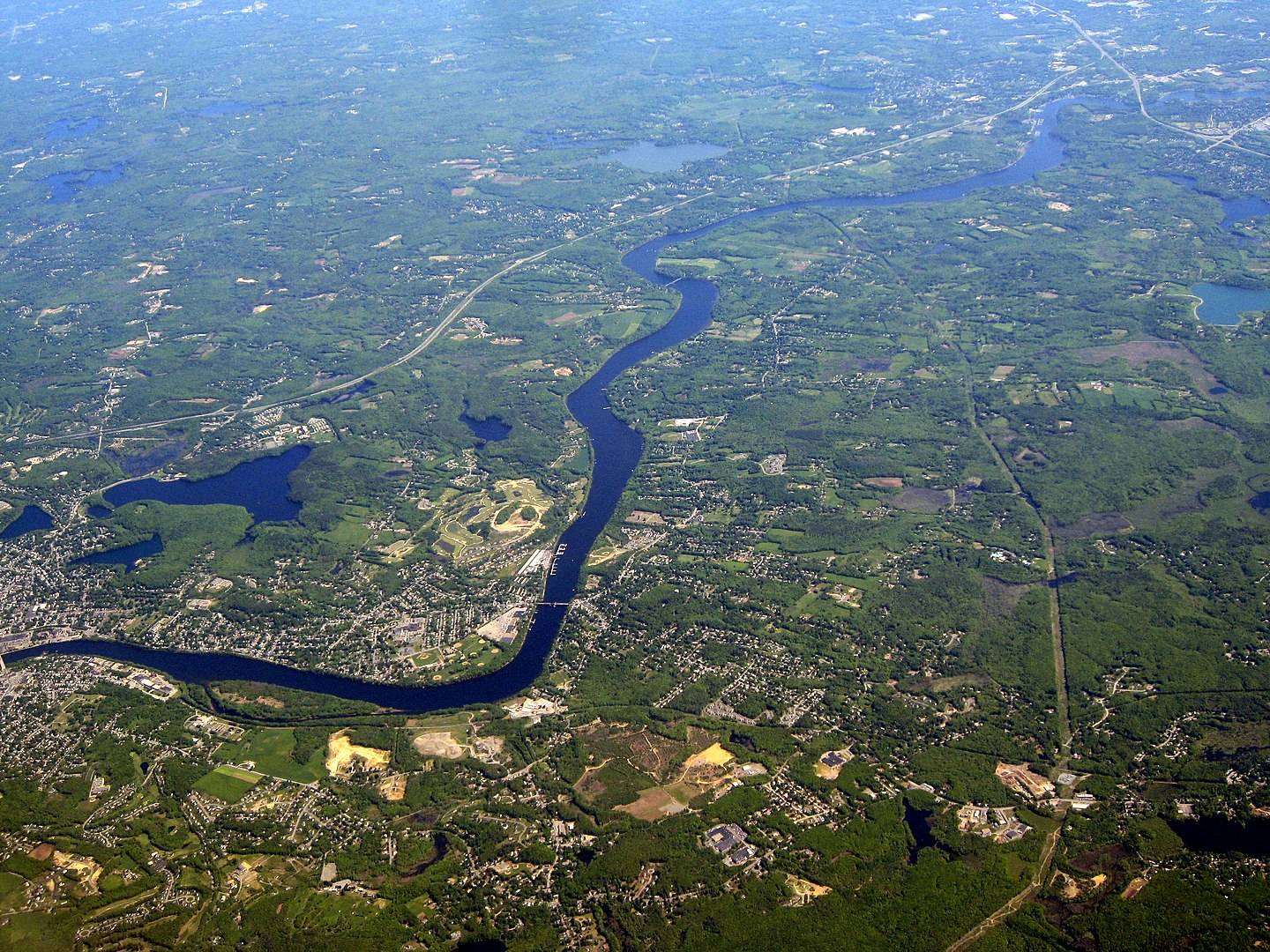A recent public forum had dire warnings about sewage overflows and dangerous effects in the Merrimack River, which feeds Haggetts Pond, the source of Andover’s driving water.
An April forum hosted by the Andover Garden Club and the Merrimack River Watershed Council aimed to better inform the public on how to protect the waterway. The council also updated people about its new four-year pilot program with the University of Massachusetts, Lowell that would impact residents of Andover, Lawrence, Dracut, and Lowell. Council representatives gave out free self-sampling kits so audience members could collect their own tap water and send it in for water-quality testing.
“The Merrimack is a main artery through our area,’’ said Stephanie Segall, president of Andover’s Garden Club, in a recent interview. “If it’s getting contaminated and it’s not clean, that is of grave concern to us, especially with climate change and with toxins.”
The forum focused on issues with combined sewage systems in Andover, which hold both sewage and rainwater in the same pipe. Under normal conditions, the system deposits the water into a treatment plant. But when an excess of storm water overwhelms the system, it can cause raw sewage and rainwater to deposit directly into the Merrimack River, according to the council’s website.
This story was published as part of a collaboration between Andover News and the Department of Journalism in Boston University’s College of Communication. The student journalist is a member of Professor Meghan E. Irons’s Reporting in Depth class.
“In 2023, we had record-breaking CSO [or combined sewage overflow] discharge into the river,” said Curt Rogers, the council’s executive director.
That is not counting partially treated water, he said, adding that the untreated CSOs deposited more than 2 billion gallons of untreated sewage into the river.
Both Rogers and Matthew Cranney, the council’s restoration program manager, spoke at the Garden Club meeting at Memorial Hall Library. The meeting was open to the public, and though roughly 50 people were in attendance, most of them were Garden Club members.
“I thought [the meeting] was wonderful,” said Caroline Grady, a Garden Club member and attendee of the meeting. “I think we need more of them, and I’m really disappointed that more townspeople did not come.”
Several attendees were able to ask questions about water quality directly to the members of the Watershed Council. One person asked about the quality of the river as it got closer to Newburyport, where the Merrimack River meets the Atlantic Ocean..
Carney said it is a misconception to say that Newburyport has the worst water quality in the watershed.
“It depends on… what sort of water quality issue you’re talking about,’’ he added. “The impacts of, let’s say, bacterial contamination from a combined sewer flow event that’s going to enter the river… is going to move downstream, but it also might dissipate before it even necessarily arrives all the way at Newburyport.”
To end the meeting, Rogers and Cranney listed several different ways members of the audience could help get involved with the council. They called for attendees to volunteer to collect samples from the Merrimack, assess the height of different culverts in the area (tunnels that allow water flow under roadways), and donate to the organization.
“I hope to volunteer, and I hope that other people will volunteer,” said Mindy Chave, the Garden Club’s environmental chair. “That’s what they’re asking people to go out and do… so I hope that that’s a successful mission for them.”

